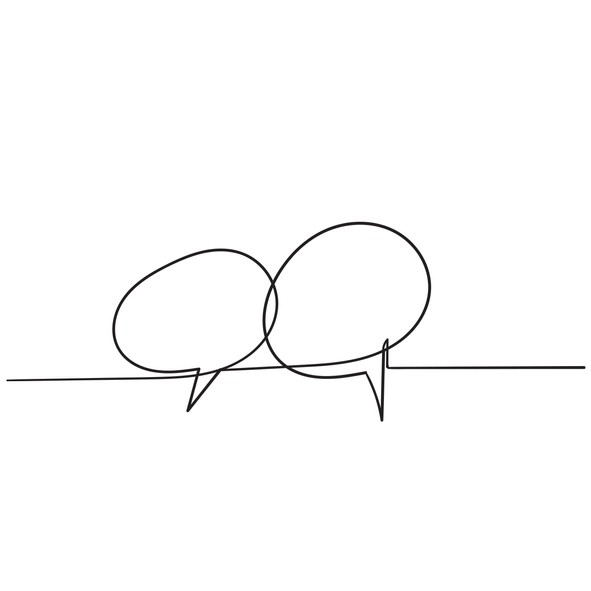AstraZeneca partner facility in Belgium inspected, no let up in row over vaccine deliveries to EU

The Novasep’s factory in the town of Seneffe, Belgium is part of the European production chain for the Oxford-AstraZeneca vaccine. The officials inspected it yesterday [Janaury 27]. Samples and records were said to have been taken from the factory.
The European Commission had asked the Belgian government to inspect the facility amid a row between the EU executive and the British-Swedish pharma giant over a projected shortfall in vaccine delivery, according to an Associated Press (AP) report.
The EU executive signed a deal with AstraZeneca in August last year for an order of 300m doses, with an option for 100m more. The company's vaccine deliveries to the EU-27 were expected to commence on February 15, with some 80m doses to be distributed in the bloc by March.
But, last Friday [January 22], AstraZeneca told the Commission there would be a significant drop in the number of doses set to be delivered. The issues are linked to difficulties in manufacturing high yields of the active ingredient made at partner sites in the Netherlands and Belgium, AstraZeneca CEO, Pascal Soriot, told Italy's la Repubblica newspaper earlier this week.
Heated dispute
In a tweet last night, EU health commissioner, Stella Kyriakides did note a “constructive tone” in the Commission's exchange with Soriot during an evening meeting of its vaccine steering board.
But she said the EU remains united and firm: Contractual obligations regarding deliveries of that company’s COVID-19 vaccine, following approval in the EU, must be met.
Soriot told la Repubblica he was confident in the wording of AstraZeneca’s agreement with the Commission and he rejected the idea that the company is backtracking on its contractual commitments:
“I can only tell you what’s in their contract. And the contract is very clear. Our commitment is, and I quote, ‘our best effort’.”
The EU health commissioner, as per an official statement yesterday, disagrees: “The view that the company is not obliged to deliver because we signed a ‘best effort' agreement is neither correct nor is it acceptable.
“We signed an advance purchase agreement for a product which at the time did not exist, and which still today is not yet authorized. And we signed it precisely to ensure that the company builds the manufacturing capacity to produce the vaccine early, so that they can deliver a certain volume of doses the day that it is authorized.”
Not being able to ensure manufacturing capacity is against the letter and the spirit of the agreement, she said.
There's no priority clause either, she stressed, in the contract Commission signed off on with AstraZeneca, nor is there hierarchy of the four production plants – two in the UK and two in the EU - named in the agreement, she stressed.
In terms of the UK having priority of supply from local factories, the AstraZeneca CEO said the agreement with the UK government was reached in June, three months before the European one.
“As you could imagine, the UK government said the supply coming out of the UK supply chain would go to the UK first. Basically, that's how it is. In the EU agreement it is mentioned that the manufacturing sites in the UK were an option for Europe, but only later.”
Referencing the implication from reported statements made by EU officials that the shortage in available vaccines for the EU was down to the fact the drug maker was selling its vaccine supplies elsewhere, Soriot said: “We're certainly not taking vaccines away from the Europeans to sell it somewhere else at the profit. It would not make sense, honestly, if you think about it: we engaged in this process a year ago and we're going to make zero profit.”












